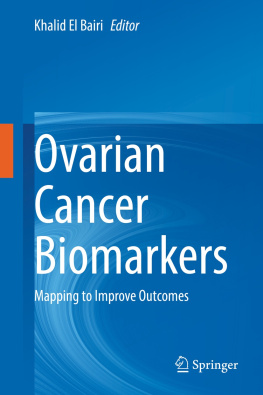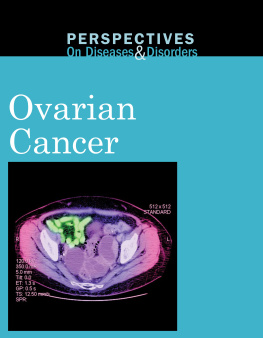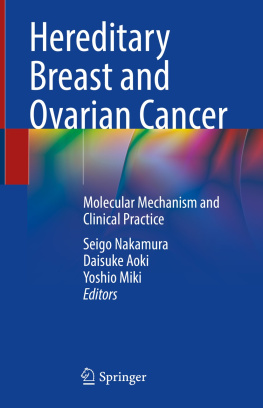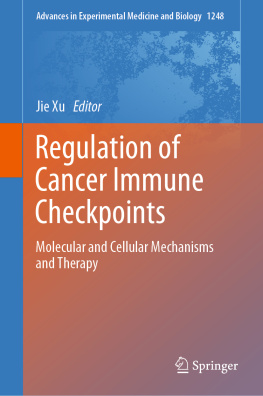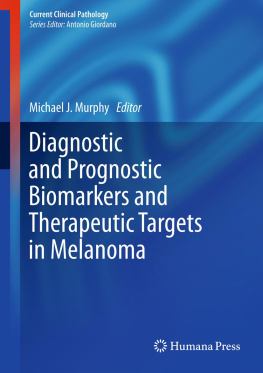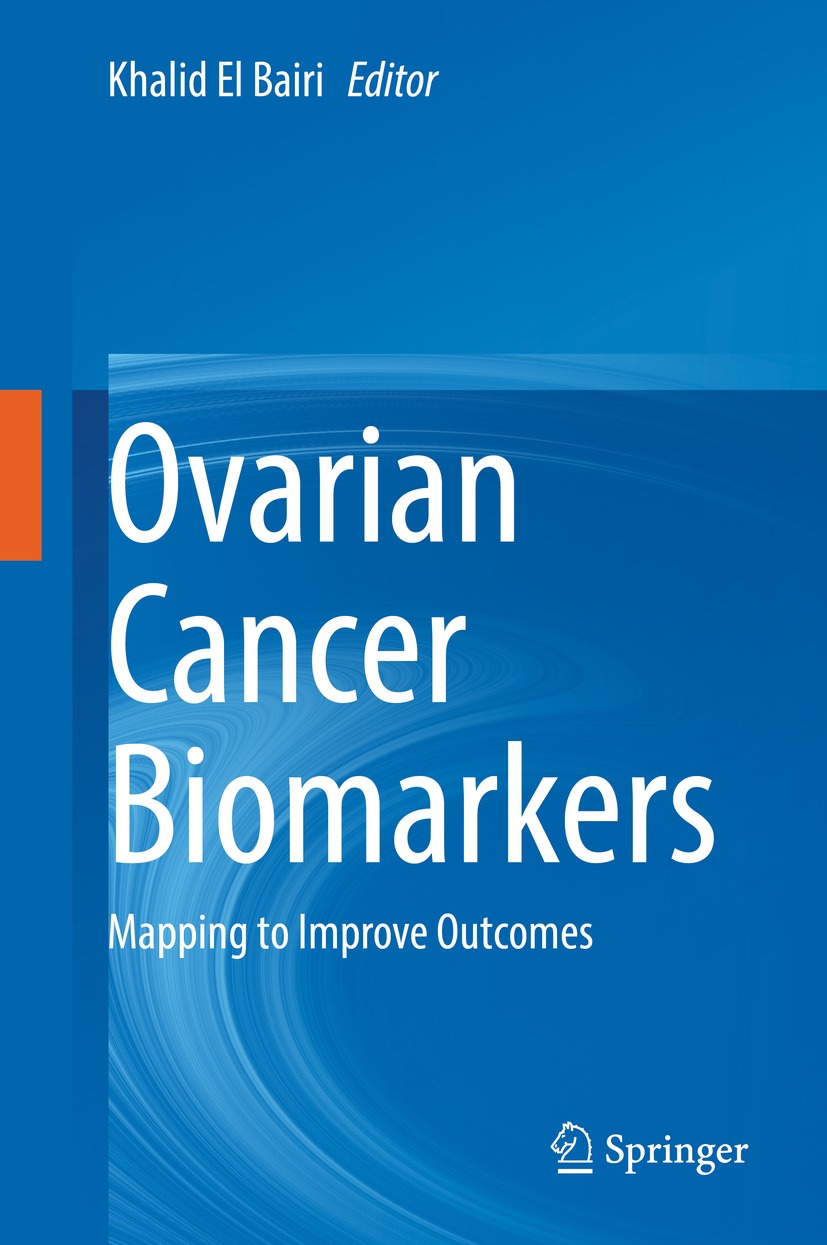Editor
Khalid El Bairi
Cancer Biomarkers Working Group, Oujda, Morocco
ISBN 978-981-16-1872-7 e-ISBN 978-981-16-1873-4
https://doi.org/10.1007/978-981-16-1873-4
The Editor(s) (if applicable) and The Author(s), under exclusive licence to Springer Nature Singapore Pte Ltd. 2021
This work is subject to copyright. All rights are solely and exclusively licensed by the Publisher, whether the whole or part of the material is concerned, specifically the rights of translation, reprinting, reuse of illustrations, recitation, broadcasting, reproduction on microfilms or in any other physical way, and transmission or information storage and retrieval, electronic adaptation, computer software, or by similar or dissimilar methodology now known or hereafter developed.
The use of general descriptive names, registered names, trademarks, service marks, etc. in this publication does not imply, even in the absence of a specific statement, that such names are exempt from the relevant protective laws and regulations and therefore free for general use.
The publisher, the authors and the editors are safe to assume that the advice and information in this book are believed to be true and accurate at the date of publication. Neither the publisher nor the authors or the editors give a warranty, expressed or implied, with respect to the material contained herein or for any errors or omissions that may have been made. The publisher remains neutral with regard to jurisdictional claims in published maps and institutional affiliations.
This Springer imprint is published by the registered company Springer Nature Singapore Pte Ltd.
The registered company address is: 152 Beach Road, #21-01/04 Gateway East, Singapore 189721, Singapore
Foreword
Ovarian cancer is often referred to as a silent killer. In the Western world, it is the most lethal gynecological disease, and the fifth most common cancer-related death in women. One reason for the high mortality is a lack of specific symptoms in postmenopausal women and accurate diagnostic testing for detection of the disease at early stages as well as the inevitable development of treatment resistance. Although the 5-year death rate has slightly decreased in the last decade, the overall prognosis and quality of life has not improved substantially. That said, there are major advances being made in ovarian cancer research that have improved the understanding of the disease and might ultimately lead to the development of new therapeutic options. Since the discovery of ovarian cancer, a long road of research has been explored. Ovarian carcinoma is actually no longer considered to be one disease but a spectrum of pathologies with subtype-specific molecular and clinical features. In this book edited by my friend Khalid El Bairi from Morocco, Chap. presents how recent innovative technologies applied to the development of precision medicine, guided by tumor phenotype, can be optimized for the identification of actionable molecular targets. Recent advances in the field continue to push the boundaries of our understanding of this disease and help the evolution of treatments to manage ovarian cancer so that it is no longer the silent killer we know today. I hope that this book will be valuable in offering up-to-date knowledge on this topic for a broad range of ovarian cancer specialists worldwide.
Cecile Le Page
Contents
Sara Nasser , Khalid El Bairi , Dario Trapani and Boubacar Efared
Emilio Francesco Giunta , Annalisa Pappalardo , Dario Trapani and Angelica Petrillo
Khalid El Bairi , Ouissam Al Jarroudi and Said Afqir
Khalid El Bairi , Ouissam Al Jarroudi and Said Afqir
Khalid El Bairi , Ouissam Al Jarroudi , Laura Carpenito , Dario Trapani and Said Afqir
Marco Petrillo , Carlo Ronsini , Davide Calandra , Margherita Dessole and Salvatore Dessole
Alia Ghoneum , Amal Tazzite , Khalid El Bairi and Neveen Said

